Related Research Articles

Albert Auguste Gabriel Hanotaux, known as Gabriel Hanotaux was a French statesman and historian.

François Auguste Marie Mignet was a French journalist and historian of the French Revolution.
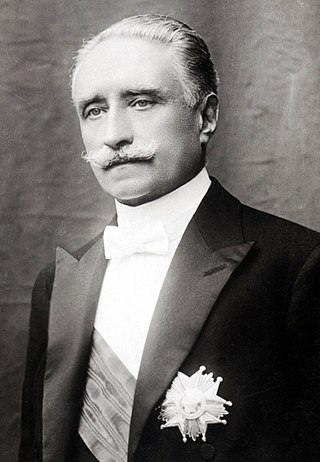
Paul Eugène Louis Deschanel was a French politician. He served as President of France from 18 February to 21 September 1920.

Barthélemy-Prosper Enfantin was a French social reformer, one of the founders of Saint-Simonianism. He was also a proponent of a Suez canal.

Ernest Lavisse was a French historian. He was nominated for the Nobel Prize in Literature five times.
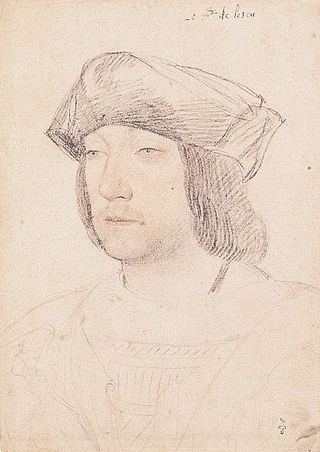
Odet de Foix, Vicomte de Lautrec was a French military leader. As Marshal of France, he commanded the campaign to conquer Naples, but died from the bubonic plague in 1528.

Antoine Christophe Merlin was a member of several legislative bodies during the era of the French Revolution. He is usually called Merlin de Thionville to distinguish him from Philippe-Antoine Merlin de Douai.
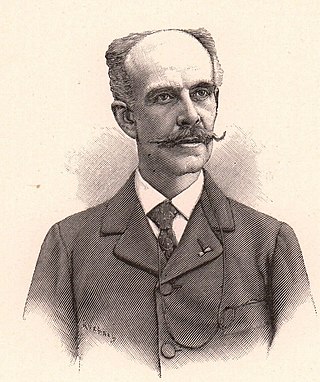
Gabriel Paul Othenin de Cléron, comte d'Haussonville was a French politician and author.

Albert de Broglie, 4th Duke of Broglie was a French monarchist politician, diplomat and writer.
Léonard Joseph (Léon) Faucher was a French politician and economist.
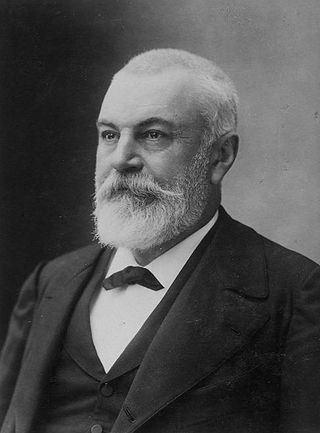
Yves Guyot was a French politician and economist.
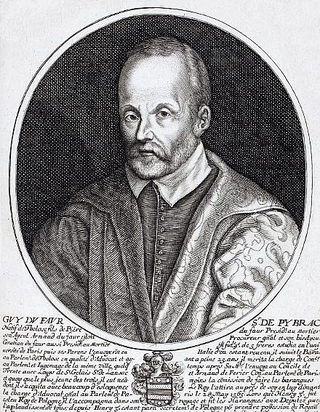
Guy Du Faur, Seigneur de Pibrac (1529–1584) was a French jurist and poet.

Antoine, 1st comte de Noailles became admiral of France, and was ambassador in England for three years, 1553–1556, maintaining a gallant but unsuccessful rivalry with the Spanish ambassador, Simon Renard.
Charles de Marillac was a French prelate and diplomat.
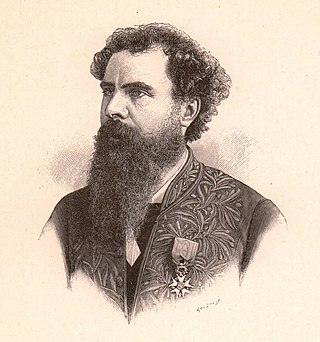
Pierre Paul Leroy-Beaulieu was a French economist, brother of Henri Jean Baptiste Anatole Leroy-Beaulieu, born at Saumur, Maine-et-Loire on 9 December 1843, and educated in Paris at the Lycée Bonaparte and the École de Droit. He afterwards studied at Bonn and Berlin, and on his return to Paris began to write for Le Temps, Revue nationale and Revue contemporaine.
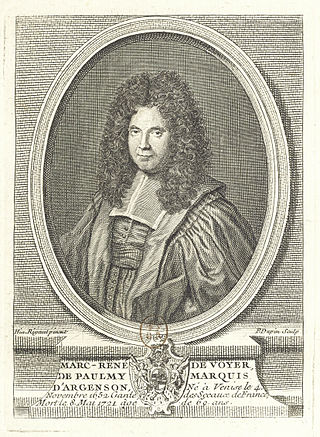
Marc-René de Voyer, Marquis de Paulmy and marquis d’Argenson was a French politician.
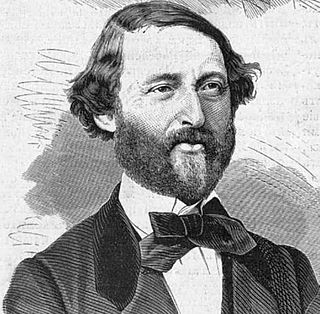
Maurice Block ; 18 February 1816 – 9 January 1901) was a German-French statistician and economist.
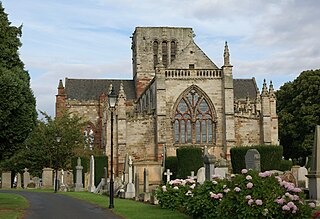
The sieges of Haddington were a series of sieges staged at the Royal Burgh of Haddington, East Lothian, Scotland, as part of the War of the Rough Wooing, one of the last Anglo-Scottish Wars. Following Regent Arran's defeat at the battle of Pinkie Cleugh on Saturday 10 September 1547, he captured the town of Haddington. The intention was to form a network of mutually supporting English forts in lowland Scotland. The English forces built artillery fortifications and were able to withstand an assault by the besieging French and Scots troops supported by heavy cannon in July 1548. Although the siege was scaled down after this unsuccessful attempt, the English garrison abandoned the town on 19 September 1549, after attrition by Scottish raids at night, sickness, and changing political circumstance.
Lion was the name of five warships of the Royal Scottish Navy during the 16th century, some of which were prizes captured by, and from the English. The names of these ships reflect the Royal Arms of Scotland and its central motif of the Lion Rampant.
Sir Pedro de Negro or Sir Pedro Negro was a Spanish soldier who fought for Henry VIII of England and Edward VI of England in France and Scotland.
References
- Correspondance politique de Odet de Selve, Paris (1888)
- This article incorporates text from a publication now in the public domain : Chisholm, Hugh, ed. (1911). "Selve, Odet de". Encyclopædia Britannica . Vol. 24 (11th ed.). Cambridge University Press. p. 614.
- ↑ Robert Hutchinson (historian), p.281, The Decline and Fall of a Tyrant
- ↑ Chisholm 1911.
- ↑ Correspondance Politique de Odet de Selve, Ambassadeur de France en Angleterre (Paris, 1888), pp. 418-9 no. 449.